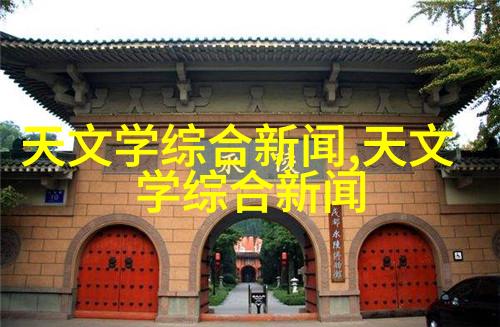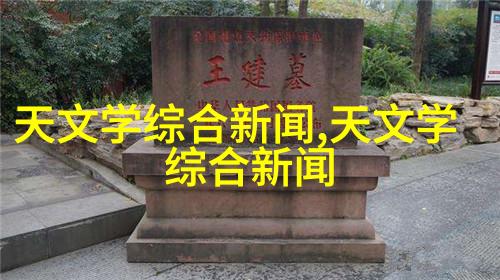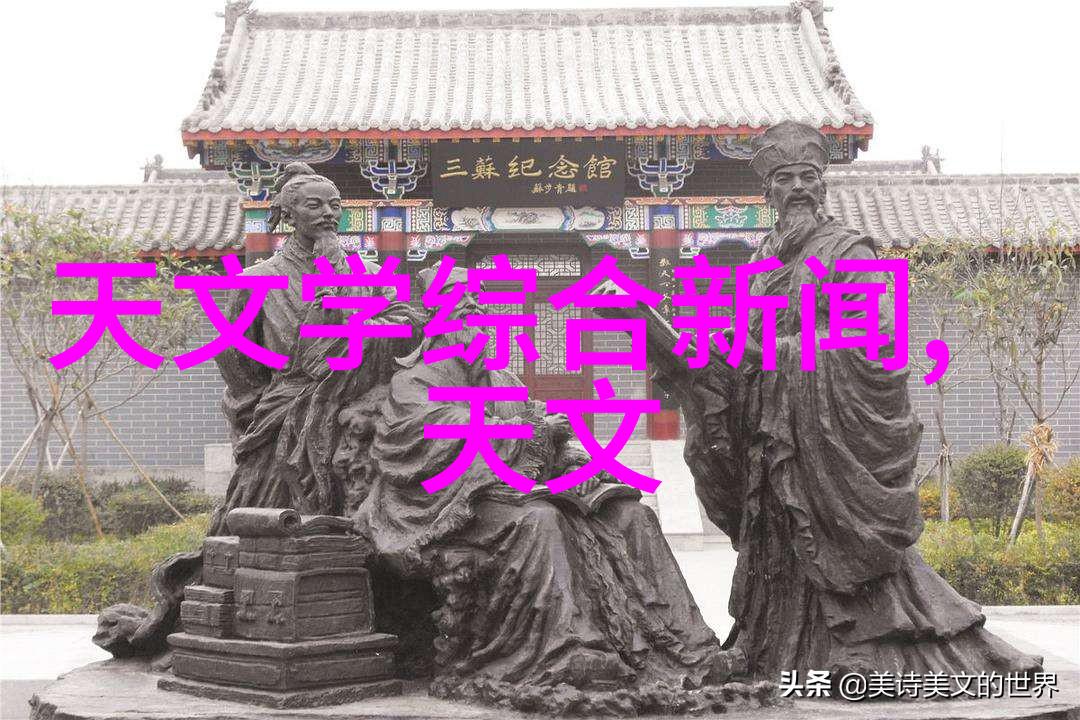oil-water separation technology has been widely used in various industries, including chemical plants, oil refineries, and wastewater treatment facilities.

The equipment is designed to separate oil from water by utilizing the difference in density between the two liquids. This is achieved through a series of physical processes that include gravity separation, centrifugation, and filtration.
One of the most common types of oil-water separators is the coalescer unit. This device uses a porous medium to trap tiny droplets of oil suspended in water, allowing them to coalesce into larger droplets that can be easily removed.

Another type of separator is the hydrocyclone unit. This device uses centrifugal force to separate the two liquids based on their densities. The heavier particles settle at the bottom while lighter ones rise to the top.
In recent years, there has been a growing trend towards using membrane technology for separating oils from waters. These membranes are semi-permeable materials that allow water molecules to pass through but block out larger particles like oils.

The use of these devices not only helps reduce pollution but also saves energy costs associated with treating contaminated wastewater streams.
Furthermore, advances in nanotechnology have led to development of new materials capable of selectively capturing specific contaminants or pollutants from industrial effluent streams more efficiently than conventional methods.

8.The increasing demand for clean energy sources such as solar and wind power has resulted in greater reliance on hydraulic fracturing (fracking) operations which generate large volumes of contaminated waste fluids requiring efficient management systems involving advanced technologies like this one.
9.In addition numerous companies across different sectors are continually investing research funds into improving existing designs or developing innovative solutions tailored specifically towards unique industry challenges encountered during daily operations thereby driving overall growth within this field.

10.Lastly as governments around world implement stricter regulations aimed at curbing environmental damage caused by uncontrolled discharges it's clear that comprehensive understanding along with effective implementation strategies related comprehensive body-based oily substances removal systems will play an ever-increasing role shaping future sustainability initiatives worldwide contributing significantly towards greener planet vision shared globally today…



